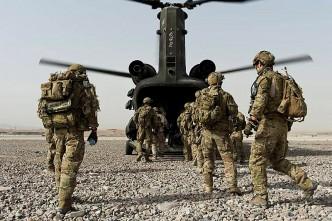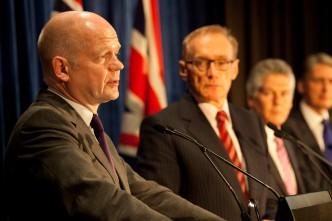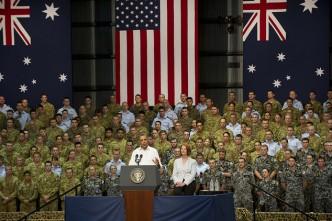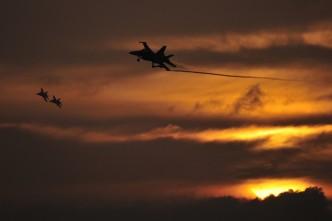North Korea’s latest nuclear test has been discussed from several angles: the level of technological progress of the regime; if China should and will end its support for its neighbour; and whether tougher sanctions by …
China’s behaviour over the Senkaku/Diaoyu Islands dispute with Japan is deeply worrisome. It not only displays a level of brinkmanship which could easily lead to war, it also seems to be part of a broader …
The Afghanistan mission has largely dropped off the political radar screen, but the public verdict seems clear: we’ll fail in our overall objective of leaving behind a stable country after 2014. Worse, Australian soldiers may …
Editor’s note: we at ASPI value contestability and independence of thought so we’re sometimes surprised when people think that there’s a single ‘official’ ASPI position on a topic. That isn’t the case—we practice contestability inside …
As we enter US President Barack Obama’s second term, one of the key strategic questions for Australia is what happens to America’s ‘pivot’ towards the Asia–Pacific. Announced in late 2011, it signalled a renewed US …
Last week, I identified some of the possible dilemmas for US conventional deterrence in East Asia, so it’s now worth looking in more detail what this might mean for Australia. At least four points can …
In a recent contribution to The Strategist, Rod Lyon argues convincingly that Australia needs to engage its US ally over the future credibility of its nuclear extended deterrence posture in Asia. It doesn’t stop there. …






